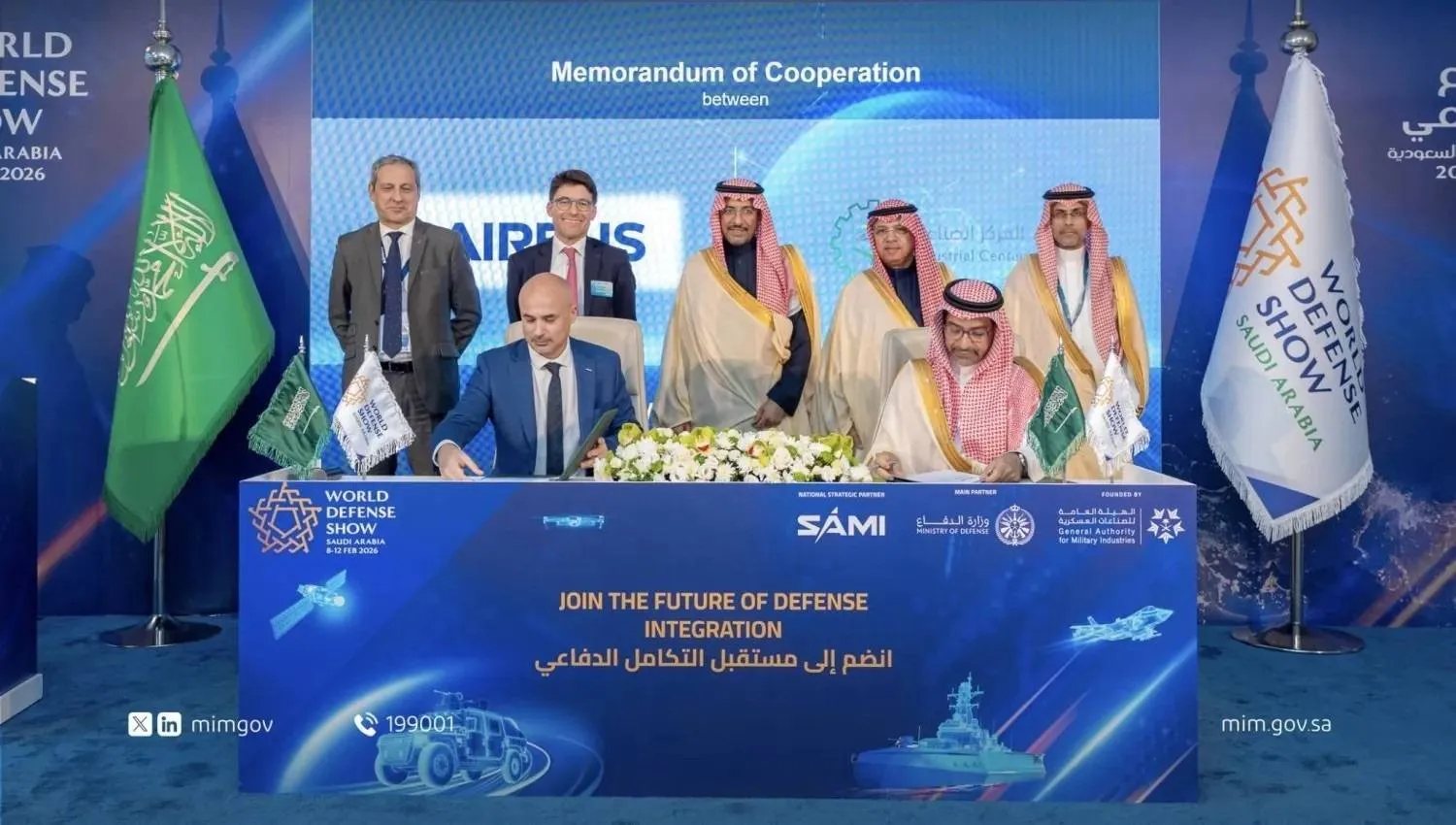The Saudi Export-Import Bank (Saudi EXIM) hosted the Berne Union's Country Risk Specialist Meeting, providing a platform for experts and thought leaders in risk management from the export credit community.
At the meeting, which took place from November 19 to 21 in Riyadh, the attendees exchanged best practices to better protect the industry amid shifting global dynamics.
According to a statement issued by the Saudi EXIM on Saturday, the event gathered specialists from 47 organizations from 33 countries; it served as a platform for discussing strategies, partnerships, and innovative solutions.
By strengthening institutional resilience, the industry is ready to turn global economic challenges into opportunities for economic prosperity, said the statement, adding that it played a crucial role in advancing global trade, strengthening international cooperation, and developing credit solutions that empower export activities while controlling risk, SPA reported.
According to the statement, discussions centered on critical risks impacting international trade and the global economy, such as debt sustainability and geopolitical tensions, along with innovative approaches to risk modelling. Participants also explored the global shifts in infrastructure, energy and critical minerals sectors, and were given an overview of Saudi Arabia's National Industrial Strategy, which focuses on economic diversification through investments, developing new sectors, and promoting local industries.
In his opening remarks, Saudi EXIM CEO Eng. Saad bin Abdulaziz Al-Khalb said the meeting is an ideal platform to address risks impacting global economic decision making.
He stated: "Through such meetings, we can turn challenges into strategic opportunities and enhance our resilience in an ever-changing world. At Saudi EXIM, we remain committed to enabling companies by offering expert financial and non-financial solutions to navigate risks effectively."
He also said that "at Saudi EXIM, we place great emphasis on risk management. In alignment with the main objective of this meeting, I am pleased to announce the completion of our independent country risk model, which is supported by advanced modelling tools and machine learning. This model will provide country ratings and predictions of default risks. We look forward to collaborating with our partners in other export credit agencies to exchange knowledge and expertise, and to strengthening our risk management functions with greater responsibility and effectiveness."
Associate Director at Berne Union Eve Hall said: "The global risk landscape today is highly volatile and highly interconnected. As we navigate our way around the ongoing transformations connected to energy transition and shifting industrial strategies, the traditional concept of 'country risk' is becoming increasingly complex. Our industry excels at understanding, quantifying and pricing these risks, and by bringing together this community of experts for technical exchange the Berne Union is able to help support the development of the industry as a whole. The initiatives announced by our colleagues at Saudi EXIM, making use of new technology in risk analysis, provide a fantastic example of where collaboration in this field can be effectively applied."
The statement disclosed that Saudi EXIM's membership in Berne represents a significant strategic step, and is consistent with the Kingdom's commitment to expanding collaboration and integration in the global economy.
This is achieved by building partnerships with leading institutions to address the challenges facing the export credit sector. It also aligns with the bank's goal of developing the export of national products and services through partnerships with national and international financial and funding organizations.
Berne Union works with global trade organizations to encourage the adoption of best practices in export credit insurance, and to cooperate in maintaining the stability of global trade.
Saudi EXIM, a development bank under the National Development Fund, contributes to diversifying the Kingdom's economic base by improving the efficiency of non-oil export ecosystems, bridging financial gaps, and minimizing export risks. This plays a role in helping the non-oil national economy grow, in line with Vision 2030.
Saudi EXIM Hosts Global Risk Experts Meeting in Riyadh

The event gathered specialists from 47 organizations from 33 countries; it served as a platform for discussing strategies, partnerships, and innovative solutions. - SPA

Saudi EXIM Hosts Global Risk Experts Meeting in Riyadh

The event gathered specialists from 47 organizations from 33 countries; it served as a platform for discussing strategies, partnerships, and innovative solutions. - SPA
لم تشترك بعد
انشئ حساباً خاصاً بك لتحصل على أخبار مخصصة لك ولتتمتع بخاصية حفظ المقالات وتتلقى نشراتنا البريدية المتنوعة







